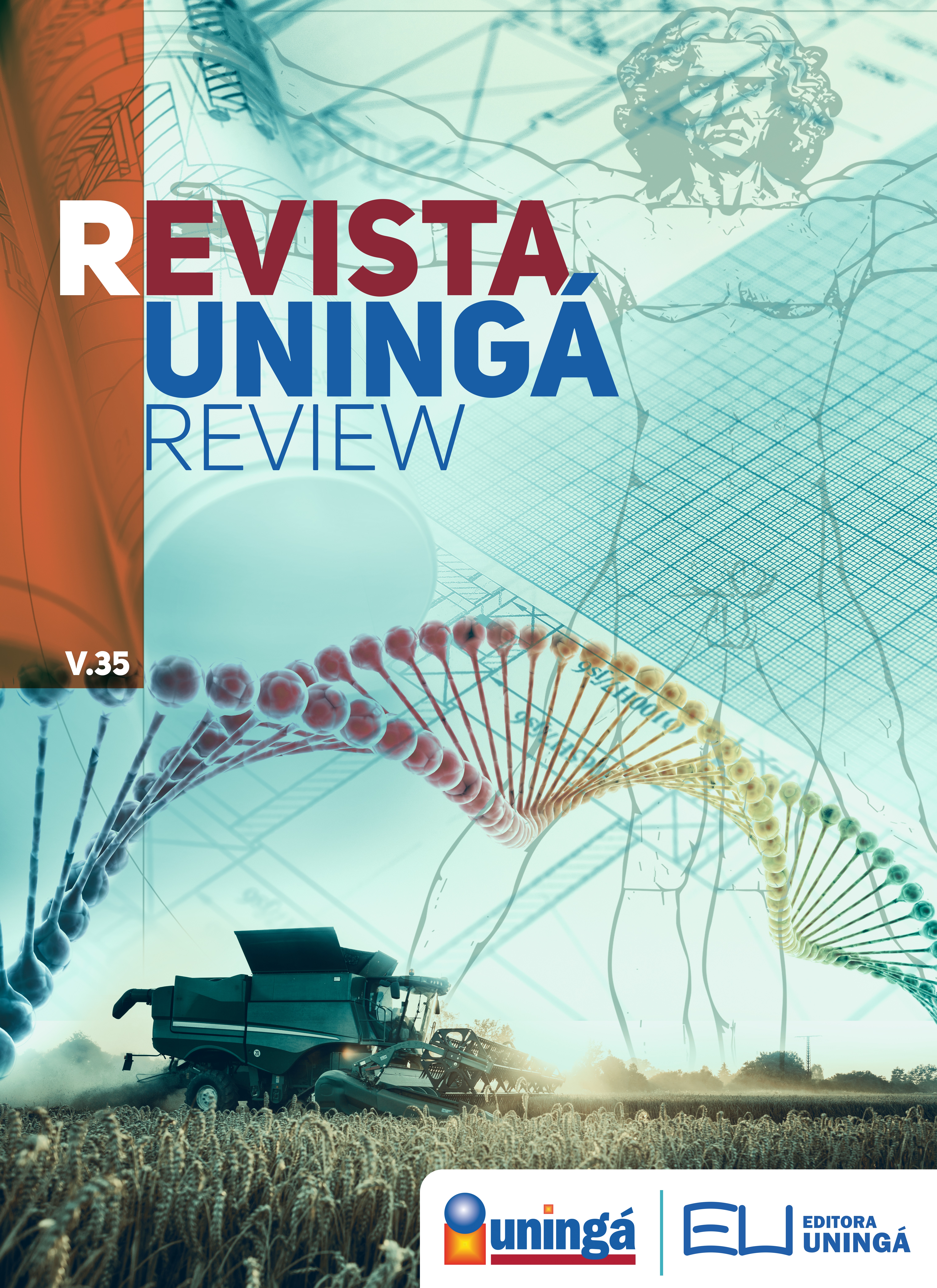Melaleuca alternifolia: A SYSTEMATIC REVIEW OF BRAZILIAN LITERATURE
Keywords:
Antimicrobial Potential, Plant extracts, Phytotherapy, Tea treeAbstract
The Melaleuca alternifolia is a shrub originating of Australia, belonging the class of eudicotyledonous angiosperms. In recent years, its chemical composition and biological activities have been the subject of intense scientific analysis. Thus, this article aims to investigate how the studies on Melaleuca alternifolia in Brazil and their use in research areas conform. To this end, a review of the Brazilian literature was performed, with a systematic search in three electronic databases, namely: Scielo, web of Science and Google Scholar. Twenty years of production were selected, from 1999 to 2019. Were selected and analyzed for review 152 scientific papers. The Melaleuca alternifolia has been found to be an important medicinal plant in Brazilian studies, involving several thematic axes, such as agriculture, aquaculture and public health, for example. The systematic review also showed that it, besides being known in folk medicine, has been scientifically tested and expresses larvicidal, repellent, aromatic, insecticidal, antimicrobial, biocidal and antifungal activity.
Downloads
Downloads
Published
How to Cite
Issue
Section
License
Copyright (c) 2020 REVISTA UNINGÁ REVIEW

This work is licensed under a Creative Commons Attribution 4.0 International License.
I declare/we declare that the text submitted here is original, of my own authorship and does not infringe any type of third party rights. The content is my/our sole responsibility. Possible research involving animals and/or human beings is in accordance with Resolution 196/96 of the National Health Council and its complements. I declare that I am/we are in possession of the written consent of patients and that the research and its procedures were timely and adequately approved by the Ethics Committee of the institution of origin. We further declare that all institutional affiliations and all sources of financial support for the work are duly informed. I certify that there is no commercial or associative interest that represents a conflict of interest related to the submitted work. If there is commercial interest, in addition to the technical and academic ones, in the publication of the article, the information will be reported during the text.







































